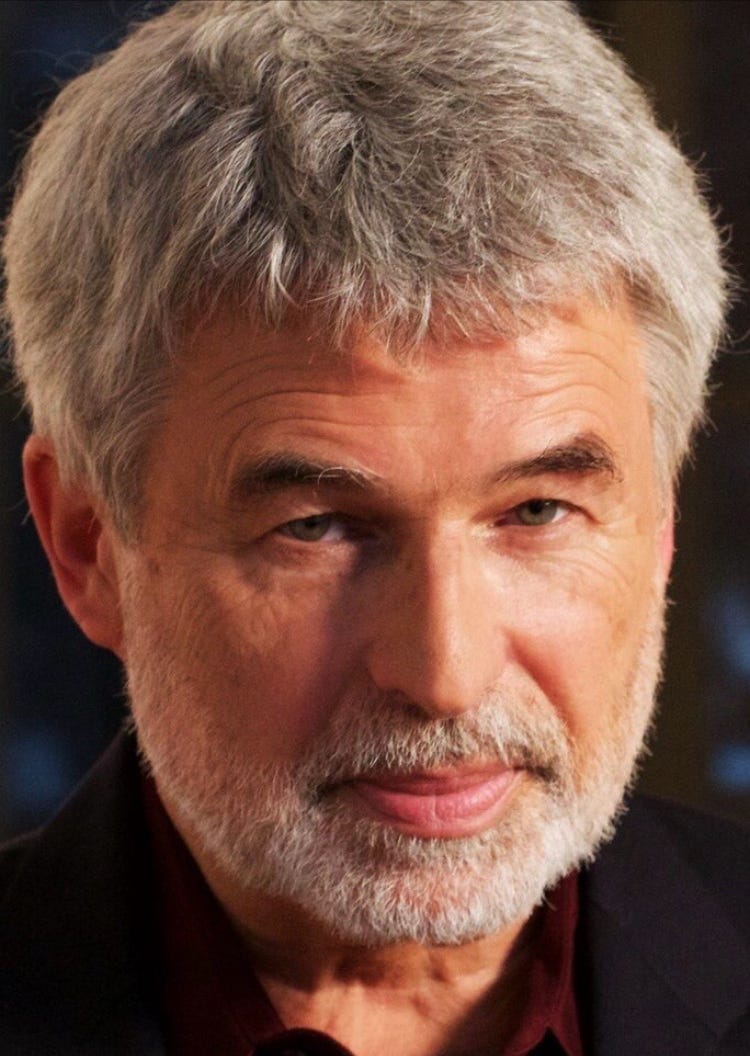In 1992, Dylan Farrow, the 7-year old stepdaughter of Woody Allen, reported that he’d sexually abused her. The accusation came during a time when the world was coming to grips with Allen — who was the long-time companion of Dylan’s mother, Mia Farrow — having started a sexual relationship with another Farrow daughter, Soon-Yi Previn, who was then 21. (They later married.)
The press was all over the story, but most journalists began to move on as authority after authority couldn’t seem to make a definite determination as to what happened — a common occurrence in childhood sexual abuse cases.
As a journalist, you rely on officials, a lot. If you’re reporting a crime story, this is especially true. If a police report says X, you report X. If a respected organization (say, Yale University) says Y, you report Y. At one point, a Yale clinic said that Dylan didn’t seem to have been abused, and that she seemed coached. The veracity of that study was later questioned — by a judge, and by Connecticut journalist Andy Thibault. Andy never let this story go. And now the story, “Allen v. Farrow,” is a four-part documentary, which starts tonight on HBO, for which Andy is a research consultant.
I wrote this for Hearst newspapers in Connecticut. Just a warning, it’s behind a paywall.





